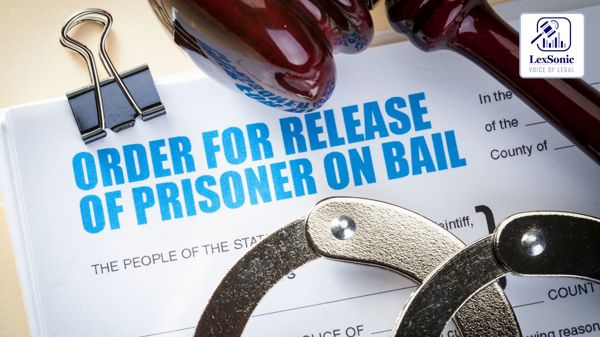Supreme Court Grants Bail After Two Years in Custody: Delay in Trial under Gujarat Control of Terrorism and Organized Crimes Act Considered.
22 September 2025
Bail and Antcipatory Bail >> Criminal Law | Criminal Trial >> Criminal Law
The Supreme Court is still upholding the constitutional mandate that long-term detention at large is unfair even in serious offense cases. In a recent ruling, the Court ordered the grant of bail to an accused who had been in custody for more than two years in relation to IPC charges. It was influenced by the procedural intricacies arising from the simultaneous proceedings under the Gujarat Control of Terrorism and Organized Crimes Act, 2015 (GUJCTOC Act).
Background of the Case:
The case had arisen out of an FIR lodged at Babra Police Station, Amreli district, against a number of people for serious offenses like attempt to murder, rioting, unlawful assembly, conspiracy, and disturbance of peace under the Gujarat Police Act. Though a number of accused were later booked under the strict provision of GUJCTOC Act, the petitioner was not mentioned in that FIR.

Even so, the petitioner was arraigned in the IPC case on the strength of only a test identification parade, after the statement of an injured witness regarding two unidentified attackers. The petitioner's delay in judicial custody—two years and more—drove him to the Supreme Court upon bail denial by the Gujarat High Court.
Issues Before the Court:
A significant complication in the petitioner’s case was Section 10 of the GUJCTOC Act, which sets the sequence of trials. Since the co-accused facing GUJCTOC charges had to be tried first, the petitioner’s IPC trial could only commence after completion of that proceeding. The Supreme Court recognized that this sequencing meant the petitioner’s trial would be indefinitely delayed, as proceedings under the special Act had only just commenced.
The Court's Rationale:
The Bench of Justices J.B. Pardiwala and K.V. Viswanathan rigorously balanced two considerations:
- The petitioner had not been named in the FIR originally.
- His incrimination was founded upon a test identification parade.
- He had already spent more than two years incarcerated without trial.
- His trial would not even commence until termination of the GUJCTOC proceedings against others, which might take years.
The Court recognized the gravity of the IPC charges but stressed that indefinite pre-trial detention was contrary to the norms of fairness and liberty. Therefore, it used its discretion to grant bail.
Conditional Liberty:
The Supreme Court clarified that bail was being accorded in the "unusual facts" of this case, particularly the extended custody and probable delay in trial. The State and the complainant were free to approach the trial court for imposition of conditions to protect witnesses and maintain the integrity of proceedings.
Conclusion:
This ruling reflects the judiciary's attempt to reconcile freedom with order and law in serious cases. Even acknowledging the legitimacy and strictness of GUJCTOC provisions, the Court made sure that persons are not left to rot in custody in the absence of trial. It highlights a settled rule: bail, not imprisonment, except where cogent reasons necessitate further detention, and particularly where prejudice to trial imperils constitutional assurances.
